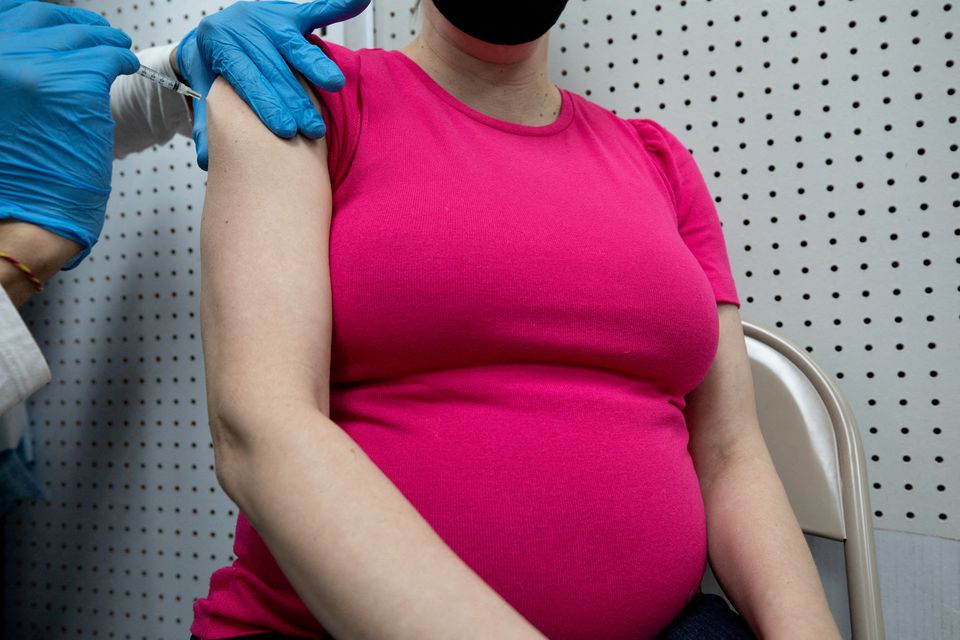Rapper Killer Mike taken away from Grammy Awards in handcuffs
2 months ago

Side effects from booster shots
While COVID-19 vaccines can protect people from severe illness and death, the protection begins to wane after initial vaccine doses, making booster shots necessary for maintaining immunity.
However, it is also known to have some symptom-like side effects - mostly ranging from minor to moderate. Some people have side effects from the vaccine, which are normal signs that their body is building protection. These side effects may affect their ability to do daily activities, but they should go away in a few days. Some people have no side effects, and allergic reactions are rare.
Researchers report that side effects appear to be stronger from COVID-19 boosters than from initial doses of the vaccine, according to a new study published in JAMA Network Open.
Types of side effects
After getting the booster shot for COVID-19, you might experience some temporary symptoms such as a sore, swollen arm where you got the shot. You might run a fever and experience body aches, headaches and fatigue for a day or two. Chills and swollen lymph nodes can also occur. Nausea, diarrhea and vomiting are other common side-effects for booster doses.
These symptoms do not mean you are sick. They mean that your immune system is responding to the shots and building up protection against the coronavirus. Usually, the side-effects are mild, and should not stop you from getting a booster shot.
Why does this happen?
It is not exactly the vaccine which causes the side effects, but rather an indication of your immune system reacting to the vaccine. Immune system reactions are usually signs that our immune system is active and fighting an infection, whether from the actual disease or as reacting to the vaccine.
According to experts, the side effects through booster shots may be stronger because the immune system reacts more strongly to succeeding vaccine doses. However, the absence of side-effects does not indicate a poor immunogenic response.
It is worth noting that the symptoms after a booster are similar to the symptoms of COVID-19. This is because our immune system is trying to build immunity against COVID-19.
How to relieve the side-effects
To minimise these side-effects, it is recommended to take good care of your health by eating a balanced diet, staying hydrated and having adequate sleep. People are advised to avoid alcohol, smoking and junk food post their booster shot. It is advised to talk to a doctor before taking any over-the-counter medicine for any pain and discomfort experienced after getting vaccinated.
Severe allergic reactions
Adverse effects that could cause a long-term health problem are extremely unusual following any vaccination, including COVID-19 vaccination. If adverse effects occur, they generally happen within six weeks of receiving a vaccine dose. A severe allergic reaction can cause difficulty in breathing, drop in blood pressure, swelling of the throat, or rashes. Anyone who had a severe allergic reaction after getting a particular COVID-19 vaccine should not get another dose of the same COVID-19 vaccine.
Leave A Comment